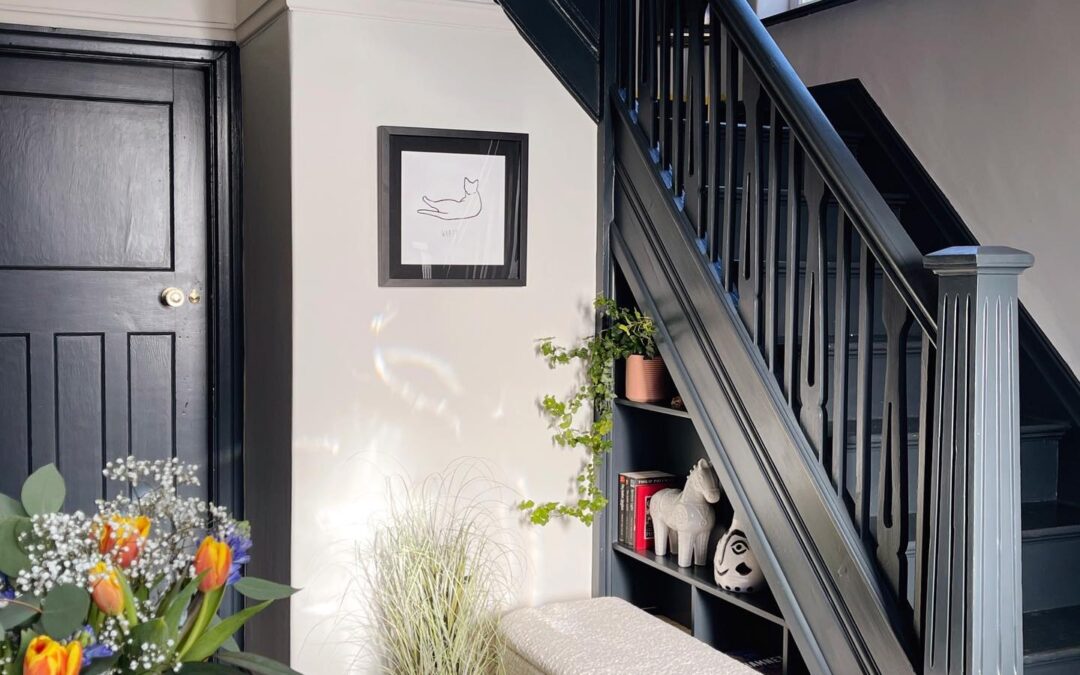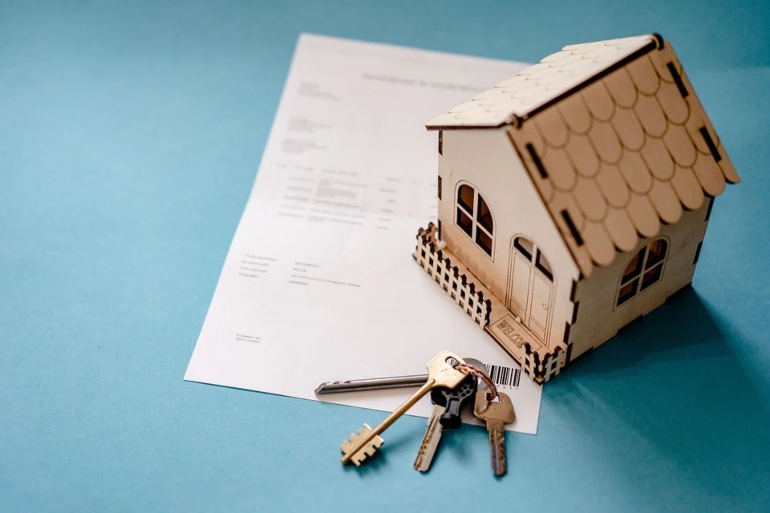Blogs and advice on Residential Property Management London

Changes to ground rent charges
Good news for those looking to buy a home – the Government is implementing significant changes to property law on charging ground rent on new leases in England and Wales under the Leasehold Reform Ground Rent Act (LRGRA 2022). When it comes into force on 30 June 2022,...

What are cleaning disputes at the end of a tenancy
The expected level of cleanliness of a rental property at the end of tenancy is generally open to interpretation. This is possibly why so many disputes adjudicated by the tenancy deposit scheme are about cleanliness levels.
When it comes to cleaning your rented home, your landlord or letting agent should only expect you to clean the property to its standard when you moved in while accounting for general wear and tear.
Whether you hire a professional cleaner to do the job or decide to do it yourself, it’s essential to ensure to have an inventory report to compare before and after a tenancy from a cleaning point of view.

Who is a good property manager
People can be busy with their lives, work and family commitments so that they simply do not have time to look after a property. Property managers take over landlords responsibilities so that they can get on with their lives and focus more important matters in their lives.
What should you look for in a property manager;
Experience: It is important to find out how many properties are in their portfolio? How long have they been working for the same company? You want a property manager who has a long term history with the company, who is knowledgeable and consistent and above all responsible.

What is a property redress scheme?
A Redress Scheme is a system which allows consumers/customers/clients to escalate a complaint they have against the member of a particular scheme. All property professionals, estate agents and property agents that carry out lettings, estate management and property...

Fair wear and tear guide for landlords
Wear and tear must always be differentiated from wilful or negligent damage caused by the tenant to decide what level of costs can be proposed at the end of a tenancy.
Fair wear and tear is reasonable use of the premises by the tenant and the ordinary operation of natural forces. Below guide will give an understanding of the term fair wear and tear from a landlords perspective.
What is normal wear and tear in a rental property
A tenants responsibility is to take proper care of the place he/she is renting. A tenant must do the little jobs at the place which a reasonable tenant would do. In addition, he must not damage the property wilfully or negligently; and he must ensure his family and guests do not damage the property and if they do, the tenant must repair it.
If the property falls into disrepair through fair wear and tear or lapse of time, or for any reason not caused by him, the tenant is not liable to repair it.

Handling an end of tenancy
What happens when a tenancy ends
Most tenancies end amicably, with the tenant giving notice then handing back the keys and agreeing with the landlord or agent on any cost that needs to be paid. But some end up in disputes over the state of how the property was returned.
check the tenancy agreement as it outlines responsibilities
note the condition and standard of the property and its cleanliness at the start of the tenancy via an inventory report so expectations can be managed by both sides
be open to compromise to come to an agreement

What is landlord liability insurance
Every landlord has a legal responsibility to supply a safe home and many accidents can be prevented by carrying out regular maintenance and repairs. Though despite taking all the precautions, accidents can still happen. This is where liability insurance comes into force.
What is landlord liability insurance
Liability insurance is an insurance cover that protects you from potential compensation claims related with your rental property; i.e if someone injures themselves or other property is damaged as a result of your property. It is a type of public liability insurance that is there to pay the compensation and any resulting legal fees to a third party such as a tenant, visitor or a tradesperson. If your tenant hurt themselves tripping on a damaged floorboard or a loose tile were to fall off the roof and hit a passing pedestrian, you may be liable to pay compensation if a claim was made against you. Under the circumstances; your landlord liability insurance would step in to pay any related compensation, expenses and legal fees, up to the limit of your policy.
Insurers and their solicitors will also defend policyholders against claims where a third party has alleged that they are at fault, though they actually were not negligent. In this scenario they will defend you and, if you found not negligent for injuries caused, insurers will provide cover for the defense costs required to defend the claim on behalf of the landlords.

Why do you need a residential tenancy agreement
Without a tenancy agreement in place, landlords and tenants have no written record of their contract, which leaves both parties with reduced legal options if a dispute occurs. Rental agreements protect the legal rights of both parties.
A tenancy agreement is a binding contract between you and your tenant(s). It sets out, clearly and without room for misinterpretation, what is expected of the landlord and the tenant, and the length of the agreement between both parties. It also explains what either sides legal obligations if the other party do not keep to their side of the agreement.
Although it is not a legal requirement to have a written tenancy agreement. It is beneficial to have a written tenancy agreement. It will make it much easier for all involved.

